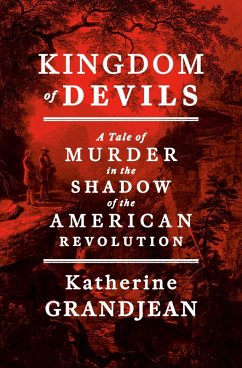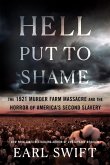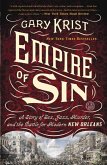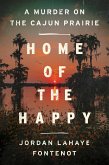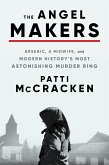The chilling account of America's first serial killers, whose brutal string of murders on the post-Revolutionary frontier reveal the violence at the heart of the young United States No one knew Wiley Harpe's name in 1797 as he stood in line at the Knoxville Courthouse to register the deed for his new farm, and no one could have imagined how horrifyingly his life would unravel from there. Less than two years from that orderly day, Wiley and his brother, Micajah, having spiraled into debt, would commit a series of murders, their grisly scenes scattered over hundreds of miles of Tennessee and Kentucky countryside. Bodies turned up along roadsides, stuffed into brush. They floated to the surface of muddy brooks. For nine terrifying months, from late 1798 to August 1799, as the Harpes rained hell on society and confounded sheriffs, hillsides and rivers kept coughing up the dead. The Harpes killed dozens that year, but why they did it has eluded folklorists and historians for generations. Almost every story imagines that they were motivated by pure bloodlust, but to historian Katherine Grandjean, that's too simple an answer. In Kingdom of Devils, Grandjean uses the story of the Harpe murders to scrutinize the triumphant spirit of the early United States and reveal that independence did not make every man a winner. There were dark sides to the country's recent victory. The Revolution was deeply destabilizing, politically and socially, shaking people free from their families and villages. Even as it built up hope for every man's success, it stacked the deck against them with the combination of volatile markets and the absence of any safety net for those who fell on hard times, fueling anger and resentment. Unspooling the mystery of what sent the Harpes reeling exposes the hidden, violent legacies of the American Revolution. For decades, the Harpes lived on in folk songs and stories--until the Civil War exploded American society once again, and their names faded to history. But, in Kingdom of Devils, the Harpes are revived as a cautionary tale about the darkness at the heart of the American dream.
Dieser Download kann aus rechtlichen Gründen nur mit Rechnungsadresse in A, B, BG, CZ, D, DK, EW, E, FIN, F, GR, HR, H, I, LT, L, LR, NL, PL, P, R, S, SLO, SK ausgeliefert werden.

